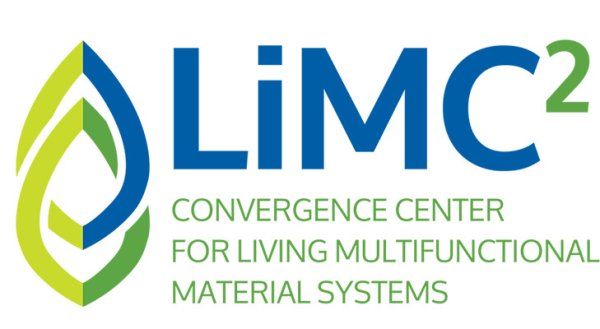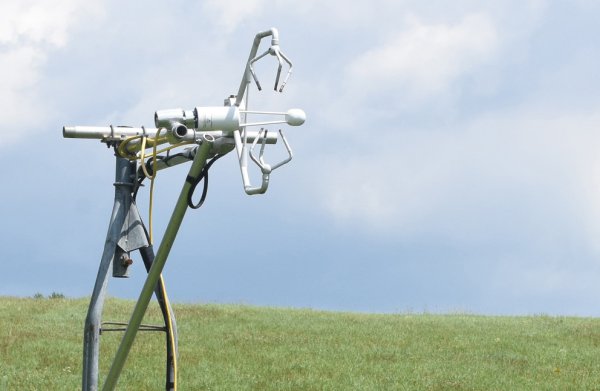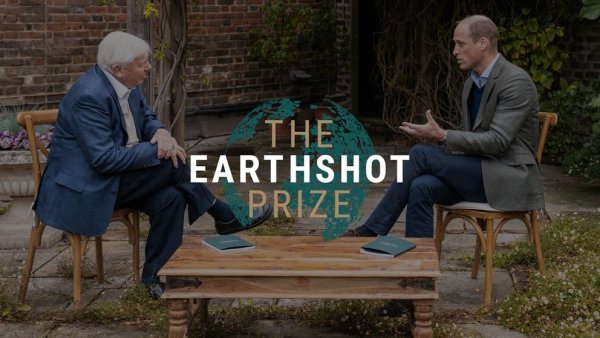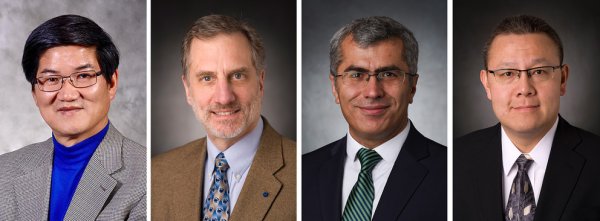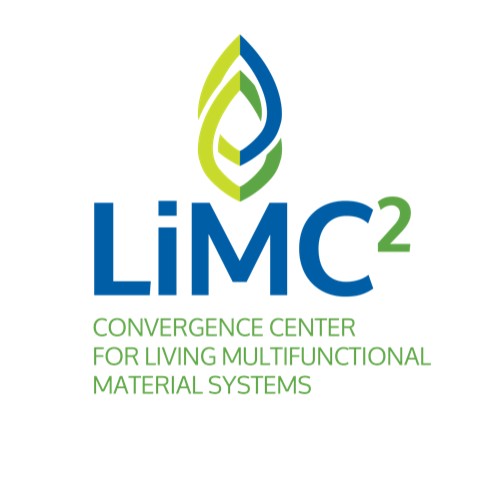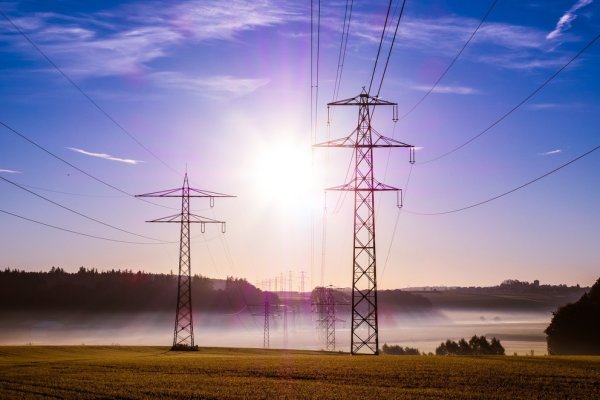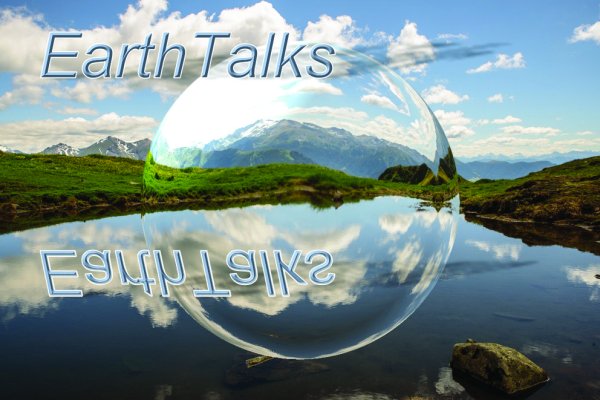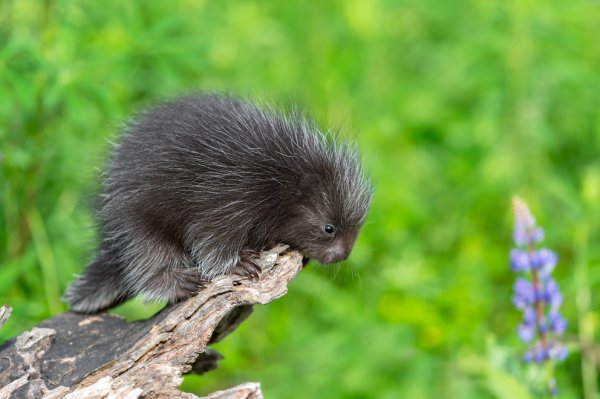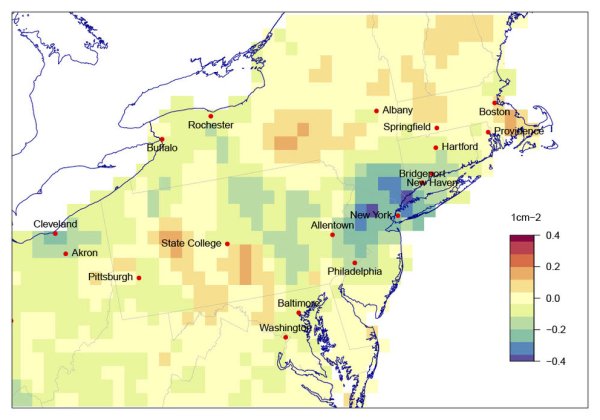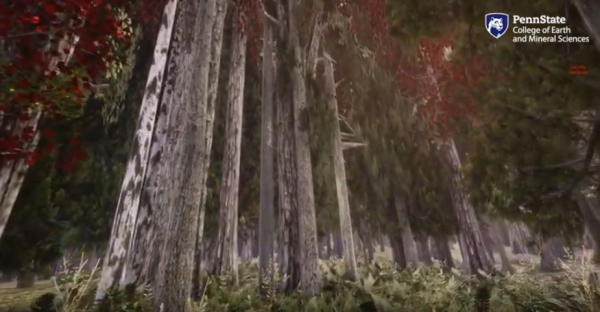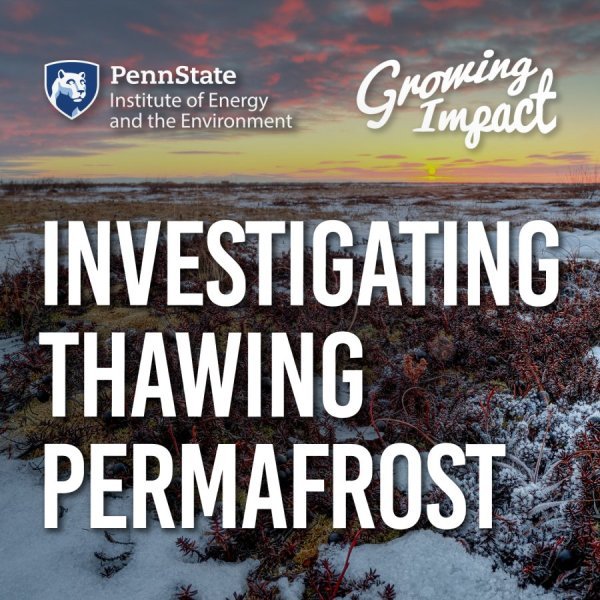Webinar to discuss new living materials seed-grant program
| news.psu.edu
The Convergence Center for Living Multifunctional Material Systems will host an informational webinar in support of its inaugural Living Multifunctional Materials Collaborative Research Seed Grant Program. The webinar will be held 9–10:30 a.m. on Dec. 15.
Understanding agriculture’s impacts on 'the zone where rock meets life'
| news.psu.edu
Penn State researchers working at Cole Farm are studying the effects of agriculture on the critical zone, the porous boundary layer extending from bedrock to treetops where rock, water, soil, air and living organisms interact. Research at the farm is shedding light on critical zone processes, and how to manage boundary-layer resources in environmentally and economically sustainable ways.
Penn State seeks nominations for Earthshot Prize for environmental solutions
| news.psu.edu
In an effort to identify strong examples of promising solutions to environmental challenges, Penn State faculty and staff are encouraged to either self-nominate or to nominate other researchers or projects for the Earthshot Prize, by the internal deadline of Dec. 17.
University endorses climate change letter to world leaders
| news.psu.edu
Penn State was one of 37 international universities that endorsed a letter drafted by the International Universities Climate Alliance that urged world leaders to protect humankind from climate change.
Four College of Engineering faculty named to 2020 Highly Cited Researchers list
| news.psu.edu
Four faculty members in Penn State’s College of Engineering were recently recognized as “Highly Cited Researchers” by the Web of Science Group in 2020.
New funding program to help advance living multifunctional materials
| news.psu.edu
The Convergence Center for Living Multifunctional Material Systems has announced the inaugural Living Multifunctional Materials Collaborative Research Seed Grant Program 2021, aimed at advancing the discovery of sustainable materials that are biological or inspired by biological principles.
Seven Penn State faculty named AAAS Fellows
| psu.edu
Seven Penn State faculty members in areas ranging from atmospheric science and engineering to medicine and computer science have been named fellows of the American Association for the Advancement of Science, the world’s largest general scientific society. This year a total of 489 individuals are being recognized with this lifetime honor, bestowed by their peers, for their extraordinary achievements in advancing science.
Seminar to examine Regional Greenhouse Gas Initiative amid state energy policy
| news.psu.edu
Daniel Mallinson, assistant professor of public policy and administration at Penn State Harrisburg, and graduate student Andrew Bell will discuss how the Regional Greenhouse Gas Initiative might interact with Pennsylvania’s Alternative Energy Portfolio Standard and Act 129 at noon on Friday, Dec. 4. The seminar, which is free and open to the public, will be held through Zoom. Registration is required.
Virtual seminar offers inside view of challenges to diversifying geoscience
| news.psu.edu
Vernon Morris, professor of chemistry and environmental sciences at Arizona State University and a leading proponent of the #notimeforsilence call to action, will discuss challenges to achieving equitable representation in the geosciences at 4 p.m. Monday, Nov. 23. The talk will be broadcast via Zoom: https://psu.zoom.us/s/767635597.
Spring symposium, seed grants to promote transdisciplinary biodiversity research
| news.psu.edu
The Sustainability Institute at Penn State is hosting transdisciplinary symposia on biodiversity throughout the spring 2021 semester. The virtual series, "Mainstreaming Biodiversity in the Decade of Action," aims to expand collaborative networks and to inspire creative strategies to promote biodiversity in urban, agricultural and natural areas in order to improve human and ecological health and well-being.
Air quality data during COVID-19 may help improve models, guide interventions
| news.psu.edu
The measures instituted in April to help curb the spread of COVID-19 across the United States may hold clues for improving air quality. Researchers examining the effects of the pandemic on two key pollutants found that as individuals limited their travel, levels of nitrogen dioxide fell significantly while levels of fine particulate matter rose in certain parts of the country.
Virtual reality forests could help understanding of climate change
| news.psu.edu
The effects of climate change are sometimes difficult to grasp, but now a virtual reality forest, created by geographers, can let people walk through a simulated forest of today and see what various futures may hold for the trees.

